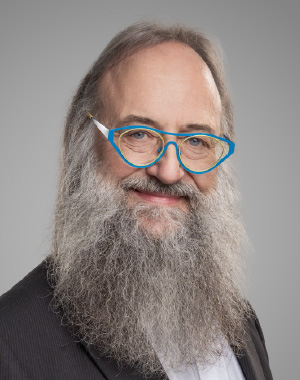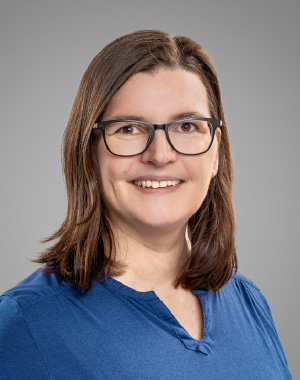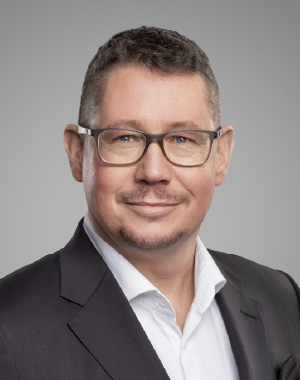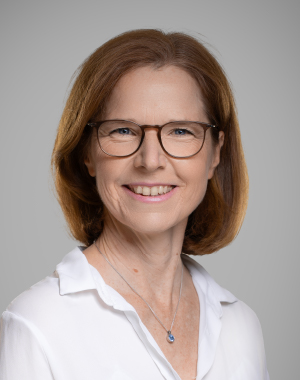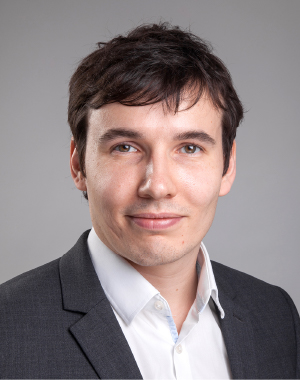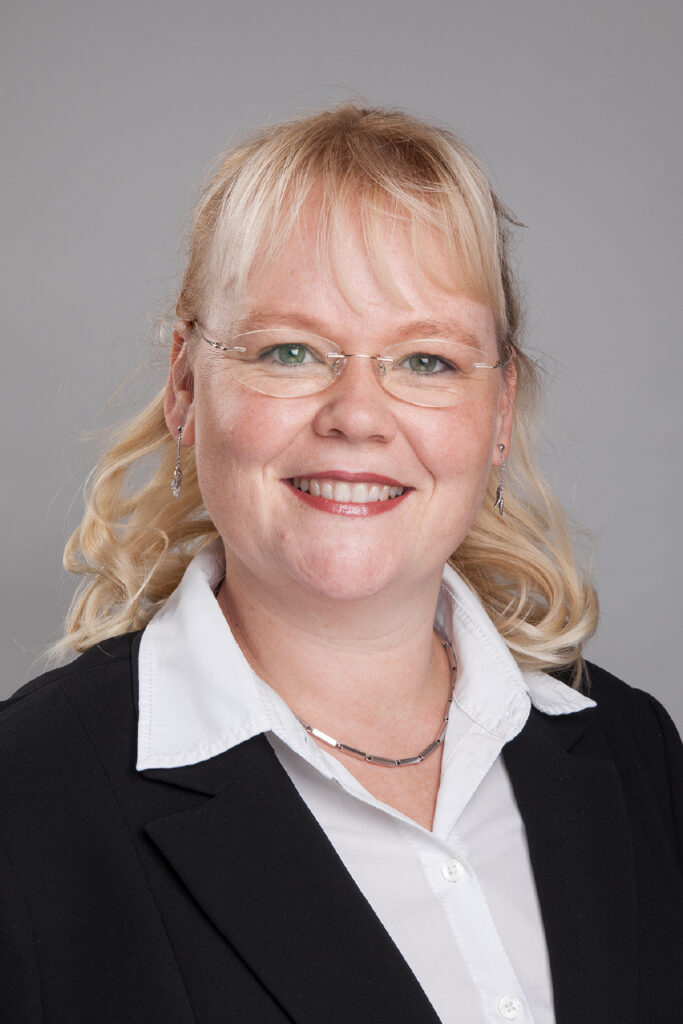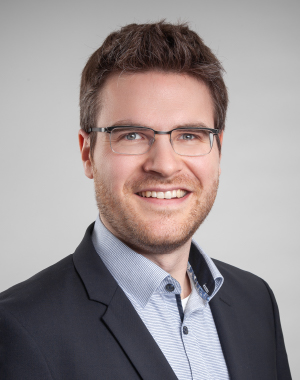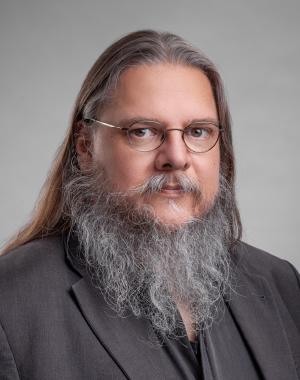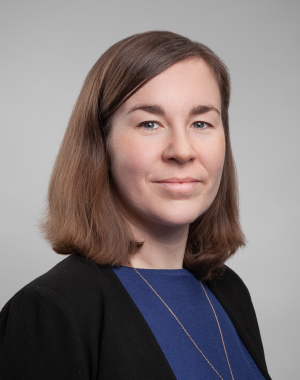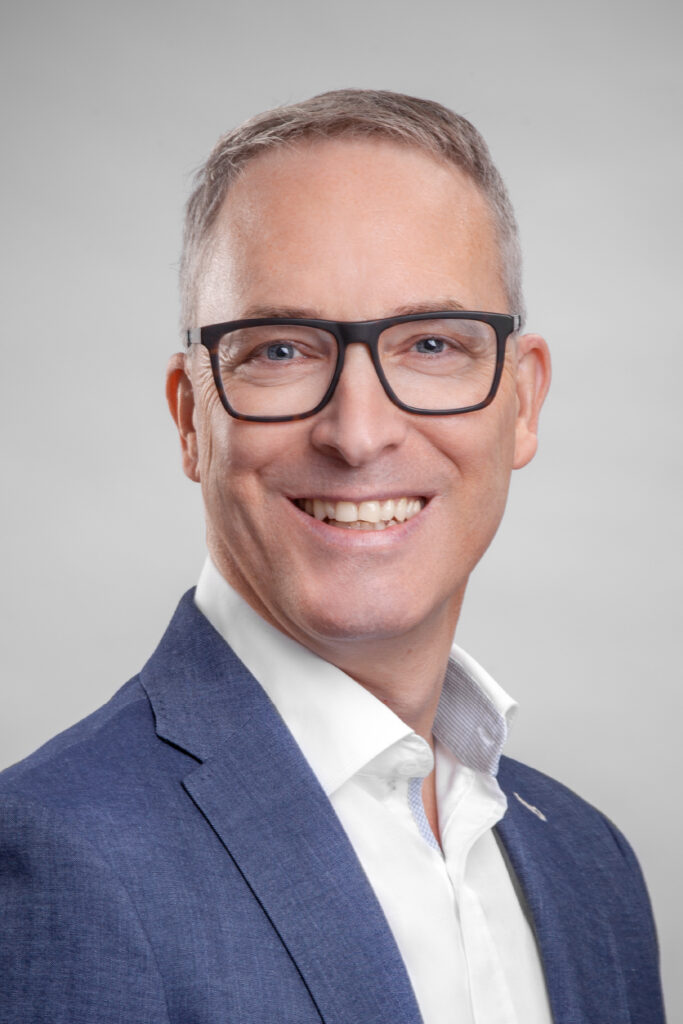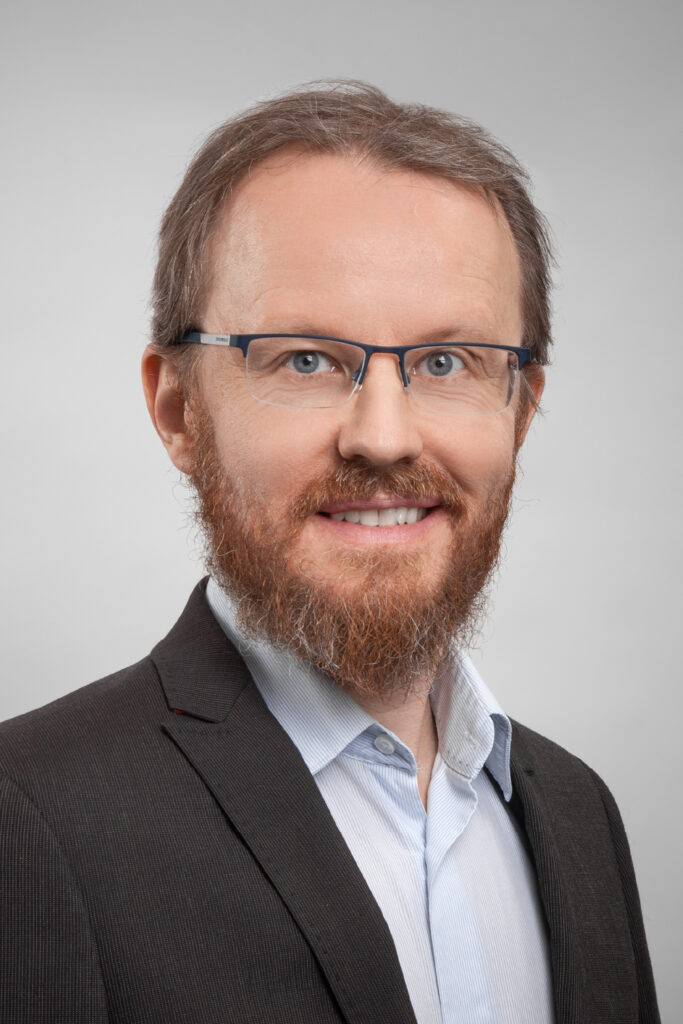05.12.2019
PRESS RELEASE (EN/DE): Using CO2 as a raw material for aviation fuels is the cool new thing on the way to low-emission air transport
1st European Summit on CO2-based Aviation Fuels, 23 March 2020, Cologne (Germany) on Sustainable Strategies & Solutions for Cleaner Air Transport
The vital question for the future of aviation is: how do we tackle greenhouse gas (GHG) emissions from air transport and their serious impact on the climate? There are not many technological options available. Electric-driven aviation is, for the next decades, only suitable for short distance flights. The use of bio-based kerosene is confronted by NGOs as putting unacceptable pressure on natural resources, such as land and biodiversity. It is also hampered by quality and standards issues for different biomass sources and conversion processes.
Improving the efficiency of aircrafts by an expected annual average of 1.5% is going to limit GHG emissions, but will surely not be sufficient. In addition, such measures would have to consider and include existing aircraft as well. Therefore, in terms of the solutions, the biggest hope are aviation fuels based on the utilisation of CO2 with green hydrogen from renewable energy: The development of an economically viable production of CO2-based aviation fuels, also called Power-to-Liquid (PtL), synthetic fuels or e-fuels, is the most promising pathway for cleaner air transport. CO2 is not only the problem, it can also be part of the solution. Essential is the capture and re-use of CO2 – meeting the challenge of climate change in aviation requires a circular use of CO2. And fortunately, a global market is waiting for those who help the airlines to meet the requirements of the Paris Climate Agreement.
First life cycle assessments show that especially the land and water footprints of e-fuels are much lower compared to bio-based aviation fuels (see figure on land use), and the huge demand cannot be covered by biogenic side streams or biowaste. The potential for fuels based on energy from solar, wind and hydro power and CO2 is by far bigger than for biofuels.
Rudolf Dörpinghaus, chairman of the board of IASA: „Climate-friendly, even climate neutral aviation is achievable! It can be done. It has to be done. And the necessary transformation is urgent and has to start immediately!”
Still, there are many questions to be answered. What is the best technology? How to provide the most cost-efficient renewable energy, hydrogen and CO2? Where are the best locations for the production? Which possible business partners are willing to invest in a PtL production plant now? What are the best strategies to implement CO2-based aviation fuels? What about the Carbon Offsetting and Reduction Scheme (CORSIA) and the European Emissions Trading System (ETS)? How to ensure aviation standards are met? Which airlines are willing to use sustainable aviation fuels (SAFs), even if they are initially more expensive than fossil fuels? What is required politically in terms of regulations and international support?
Michael Carus, Managing Director of nova-Institute: “The dream of producing environmentally friendly fuels for aircraft with sun, wind and CO2 is within reach. If politics, society and industry want this, it can be implemented quickly. A first step would be an obligatory blending quota of e.g. 5%. This would directly trigger large-scale investment.”
The “1st European Summit on CO2-based Aviation Fuels”, 23 March, 2020, Cologne, Germany, is for decision makers in policy, organisations, airlines and the respective industries. You are cordially invited by the International Association for Sustainable Aviation (IASA) and nova-Institute to take part in this essential summit.
The invited speakers will come from the fields of policy, aviation industry, environmental protection and technology development. The following speakers have already confirmed their participation: Alexandru Iordan, SAF+ Consortium (Canada), Gunnar Holen, Nordic Blue Crude (Norway), Harry Lehmann, German Environmental Agency (UBA) (Germany), Juha Lehtonen, VTT (Finland) and Prof. Roland Dittmeyer, KIT (Germany)
The final programme is expected in January.
The aviation summit is one day prior to the 8th edition of the established “Conference on Carbon Dioxide as Feedstock for Fuels, Chemistry and Polymers”, 24-25 March, 2020, Cologne, Germany (http://www.co2-chemistry.eu/). Combined tickets are available under http://www.co2-chemistry.eu/registration/

